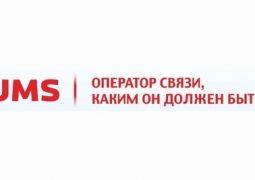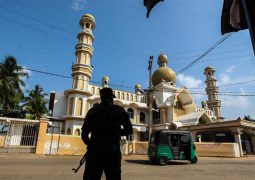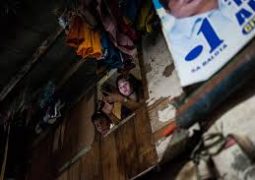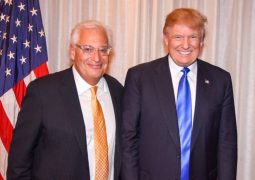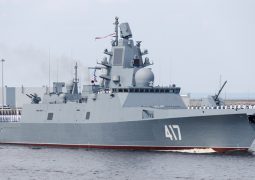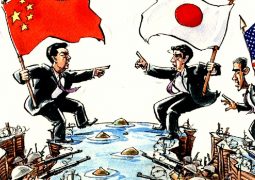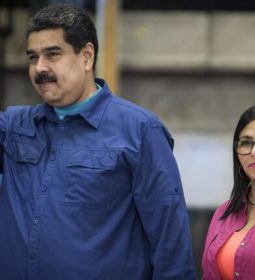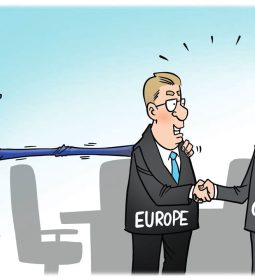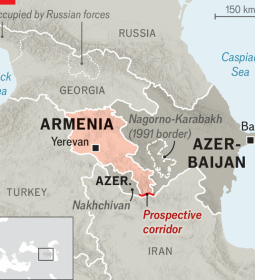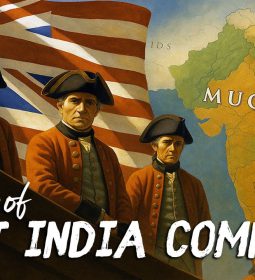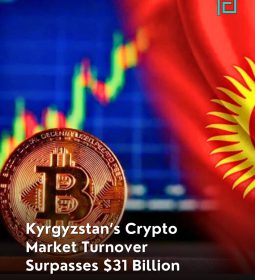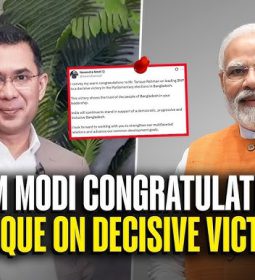In NATO Speech, Trump Is Vague About Mutual Defense Pledge

BRUSSELS — President Trump on Thursday once again refused to explicitly endorse NATO’s mutual defense pledge, instead lecturing European leaders on what he called their “chronic underpayments” to the military alliance.
Speaking at the opening of a new NATO headquarters, Mr. Trump offered a vague promise to “never forsake the friends that stood by our side” in the aftermath of the Sept. 11 attacks — a pledge that White House officials later said amounted to an affirmation of mutual defense.
But European allies are likely to see Mr. Trump’s words as falling far short of the robust endorsement of NATO’s Article 5 clause, the “one-for-all, all-for-one” principle that has been the foundation of the alliance since it was established 68 years ago after World War II.
Mr. Trump’s repeated refusal to endorse that principle as a candidate, and now as president, has raised fears among allies in NATO about whether the United States would automatically come to their defense in the event of an attack.
In an interview with The New York Times just before officially claiming the Republican nomination last July, Mr. Trump said that if he was elected, the United States would come to the defense of the Baltic States against a Russian invasion only if those small countries spent more on their military and contributed more to the alliance.
“If they fulfill their obligations to us,” Mr. Trump said in the interview, “the answer is yes.”
Other top American officials have offered reassurances. Traveling on Air Force One this week, Secretary of State Rex W. Tillerson told reporters, “Of course we support Article 5.” But until those words are spoken by Mr. Trump, leaders of other NATO nations seem bound to remain concerned.
Instead of emphasizing an Article 5 commitment, Mr. Trump used his remarks at the NATO headquarters to criticize the other leaders assembled behind him for not contributing 2 percent of their countries’ gross domestic product to their defense. The allied nations have agreed to do so, but they have often fallen short.
“Two percent is the bare minimum for confronting today’s very real and very vicious threats,” Mr. Trump said. “If NATO countries made their full and complete contributions, then NATO would be even stronger than it is today.”
The president said he had been “very direct” with the leadership of NATO about what he said was a failure on the part of many nations to pay their fair share. “Twenty-three of the 28 member nations are still not paying what they should be paying,” he said.
Earlier, Mr. Trump, a blunt critic of the European Union during his campaign for the White House, received a chilly reception from his European counterparts as they began meetings in Brussels, clashing over trade, climate and the best way to confront Russia.
The president’s first meeting with the Continent’s leaders began with officials from the United States and Europe saying nothing to one another. After being welcomed to Brussels, Mr. Trump said, “Thank you very much,” but he was otherwise silent as he gazed at the cameras across the room.
Donald Tusk, who represents the leaders of the bloc’s 28 member states as president of the European Council, made clear after the morning meeting that there had been several areas of disagreement.
“Some issues remained open like climate and trade,” Mr. Tusk told reporters shortly after the meeting at European Union headquarters in Brussels. “And I am not 100 percent sure that we can say today — ‘we’ means Mr. President and myself — that we have a common position, common opinion, about Russia.”
Mr. Trump and Mr. Tusk differed over the intentions and policies of President Vladimir V. Putin of Russia, an increasing source of anxiety in Europe in light of the country’s apparent attempts to meddle in elections in Europe and the United States, and its increasingly assertive foreign policy, notably in Ukraine.
Mr. Tusk expressed a far more skeptical view of the Russians in the talks, according to a person with direct knowledge of the meeting who spoke on the condition of anonymity because the talks were private.
Climate change is another bone of contention. European leaders are trying to persuade Mr. Trump not to withdraw the United States from the Paris climate change accord that was ratified last year.
Mr. Trump’s senior advisers have been deadlocked for months over whether the United States should pull out. A pressure campaign began the previous day at the Vatican, when Pope Francis gave Mr. Trump a copy of his influential encyclical on protecting the environment, and the Vatican’s secretary of state, Cardinal Pietro Parolin, urged the president not to withdraw from the agreement.
Mr. Trump told Vatican officials that he had not made a final decision about American commitment to the climate accord, and that he was not likely to do so until after a Group of 7 meeting in Italy this weekend, according to Mr. Tillerson.
Speaking before a NATO summit meeting scheduled for Thursday evening, Justin Trudeau, the Canadian prime minister, said he would press Mr. Trump on climate change.
“One of the things that we understand in Canada is that investing in clean energy and investing in fighting against climate change is going to help us,” Mr. Trudeau said, citing efforts by governments and businesses to find innovative ways to avoid polluting the planet.
“These are the kinds of things that we intend to highlight,” Mr. Trudeau said. “Yes, climate change represents a significant challenge to the world. But it also represents a tremendous opportunity for us to innovate.”
The alarm in Europe over Mr. Trump’s presidency has diminished since the days immediately after his election, in part because emissaries like Mr. Tillerson and Vice President Mike Pence have reaffirmed American support for NATO and the European Union.
But Mr. Trump — who once described Brussels as a “hellhole” overrun with radicals — remains an object of deep suspicion in the city. For some of the European leaders, testing Mr. Trump seemed to be as important as finding common ground with him.
- Previous Mahathir on Proton sale: ‘I can cry but the deed is done’
- Next Trump directly scolds NATO allies, says they owe ‘massive’ sums



